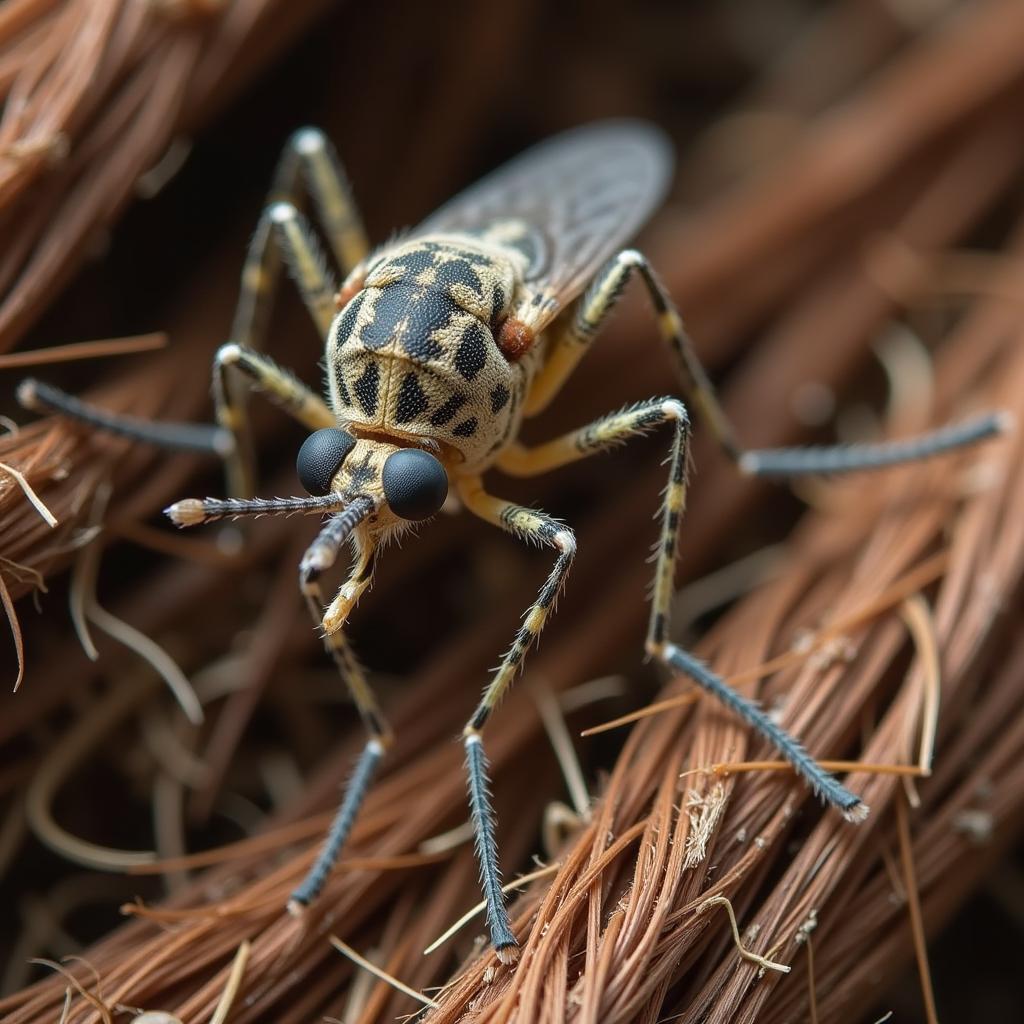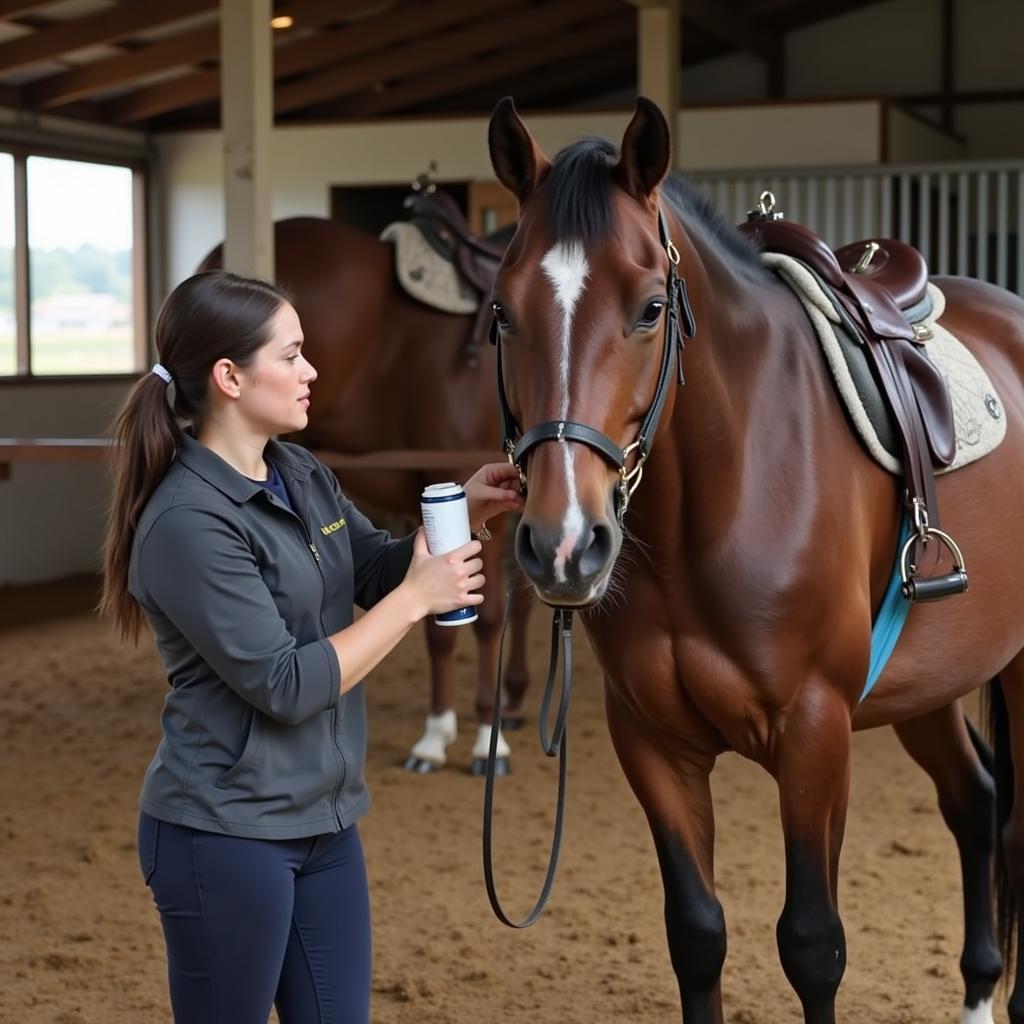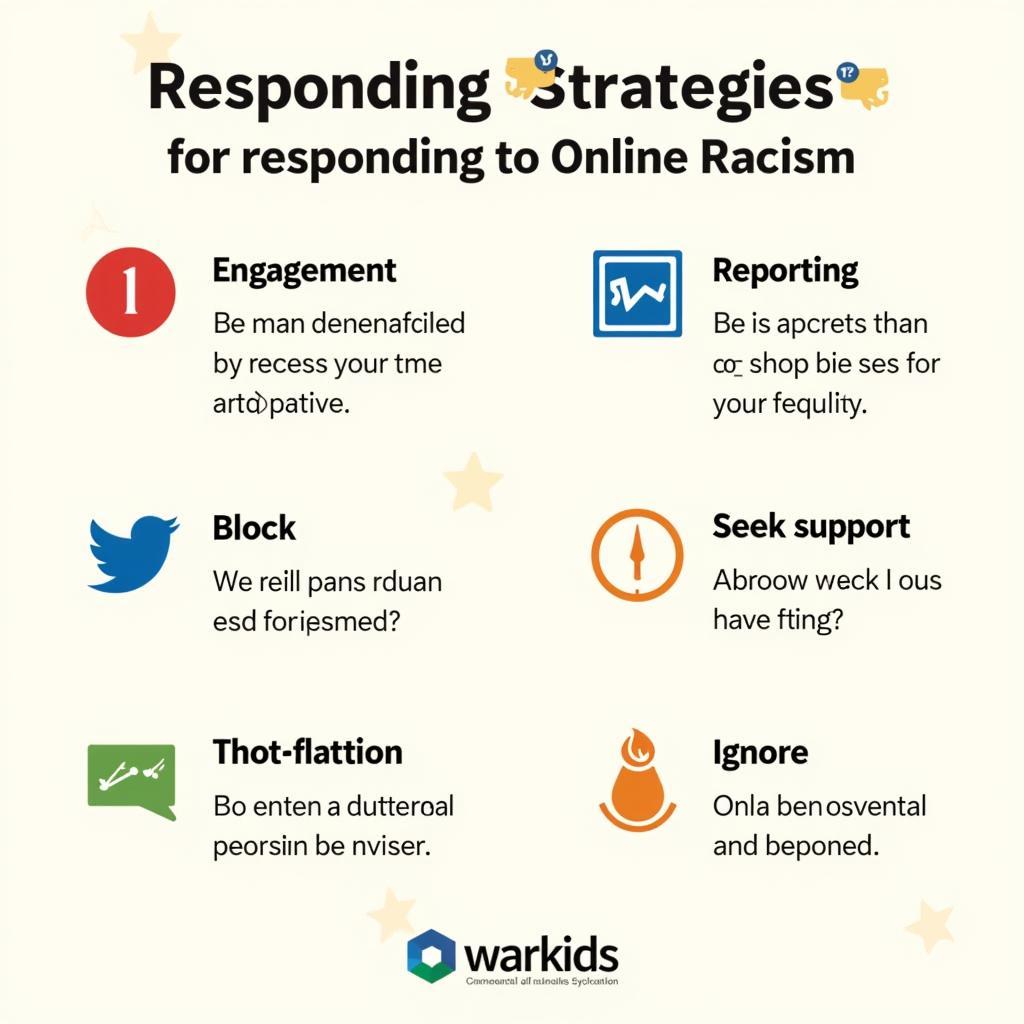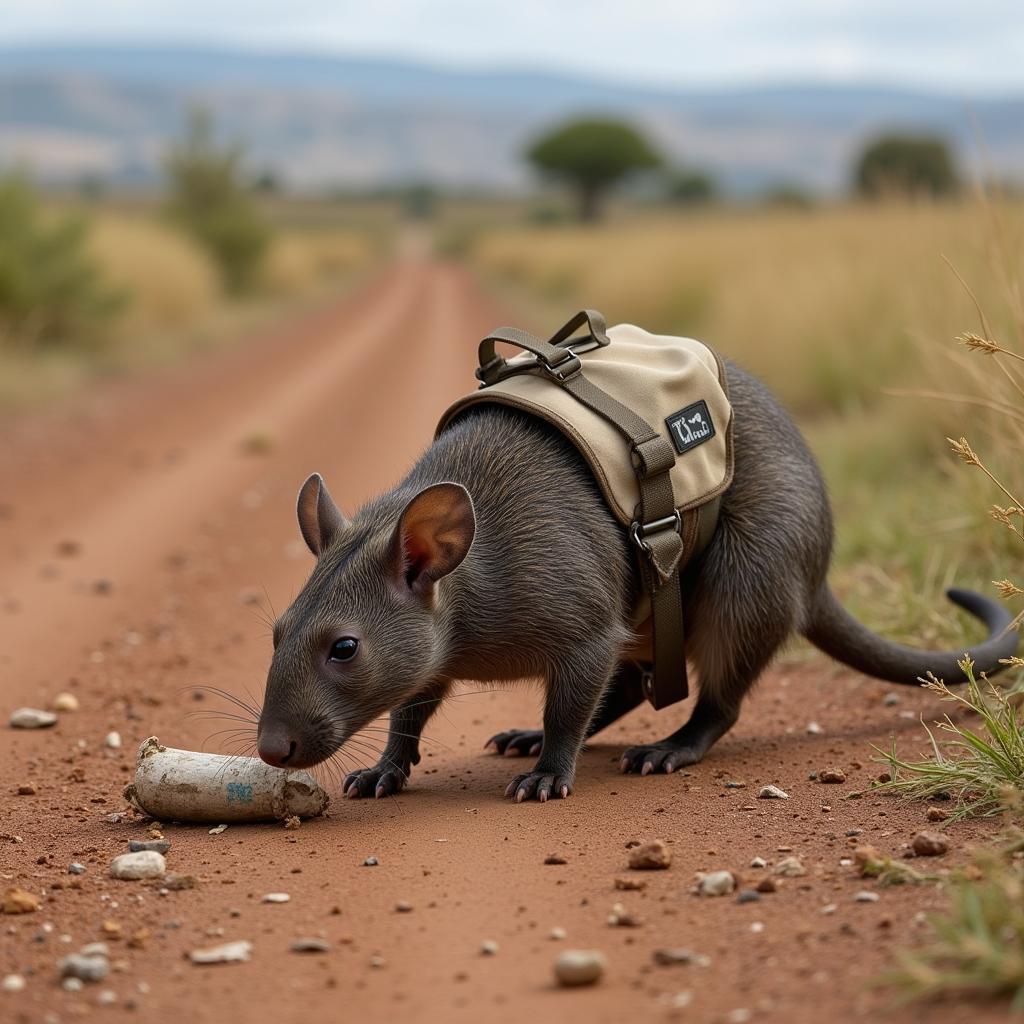Understanding African Horse Fever Transmission Vectors
African horse sickness (AHS) is a highly infectious and often fatal viral disease that affects horses, donkeys, and mules. The disease is a significant concern for horse owners and the equine industry in Africa, as it can lead to considerable economic losses. Understanding how the disease spreads is crucial for its prevention and control. This article delves into the intricacies of African horse fever transmission, exploring the primary vectors and shedding light on their role in the disease’s spread.
 A microscopic view of the Culicoides midge, the primary vector of African horse sickness.
A microscopic view of the Culicoides midge, the primary vector of African horse sickness.
The Role of Culicoides Midges as Vectors
African horse fever is not contagious and doesn’t spread directly from one animal to another. Instead, the primary transmission vector for this disease is a tiny insect: the Culicoides midge, sometimes called a “no-see-um” due to its small size. These midges are most active during dawn and dusk, and their presence is often associated with warm, humid conditions.
These biting midges thrive in areas with water, as they need moist breeding grounds. Understanding the lifecycle and habitat of Culicoides midges is essential in managing the disease effectively.
How Culicoides Midges Transmit the Virus
When a Culicoides midge feeds on an infected animal, it ingests the virus along with the blood meal. The virus then replicates within the midge for a period before it’s able to transmit the disease to other animals. Once the virus reaches the midge’s salivary glands, the insect can transmit the virus when it bites a healthy animal.
Other Potential Vectors
While Culicoides midges are the primary vectors of African horse fever, recent studies suggest that other blood-feeding insects may also play a role in its transmission. These potential vectors include:
- Stable Flies (Stomoxys calcitrans): Known for their painful bites, stable flies are abundant in areas where horses are kept.
- Mosquitoes (various species): While their role in AHS transmission is not fully understood, some mosquito species have shown the ability to carry the virus.
Further research is necessary to confirm the role of these potential vectors in AHS transmission. However, their presence near horses emphasizes the importance of comprehensive insect control measures.
Preventing African Horse Fever Transmission
Preventing African horse fever primarily involves managing the Culicoides midge population and minimizing the exposure of horses to these insects. Here are some effective control strategies:
- Stabling during peak biting periods: As Culicoides midges are most active during dawn and dusk, keeping horses stabled during these times can significantly reduce their exposure to bites.
- Using insect repellents: Several effective insect repellents are available for horses. Applying these repellents regularly can deter midges and other biting insects.
- Eliminating breeding sites: Regularly cleaning water troughs, removing standing water, and managing drainage can disrupt the breeding cycle of Culicoides midges.
- Vaccination: Vaccination remains one of the most effective ways to protect horses from African horse fever.
 A horse owner applies insect repellent to their horse as a preventative measure against African horse sickness.
A horse owner applies insect repellent to their horse as a preventative measure against African horse sickness.
Conclusion
Understanding the role of Culicoides midges and other potential vectors in African horse fever transmission is essential for effective disease control. By implementing comprehensive insect management strategies and prioritizing vaccination, horse owners can significantly reduce the risk of AHS outbreaks and protect their animals from this potentially devastating disease.
FAQs
1. Can humans contract African horse fever?
No, African horse fever is not a zoonotic disease and cannot be transmitted from horses to humans.
2. Is there a cure for African horse fever?
There is no specific cure for African horse fever. Treatment primarily focuses on supportive care, such as managing fever and providing fluids.
3. How effective is the African horse fever vaccine?
The African horse fever vaccine is considered highly effective in protecting horses from the disease. However, it’s important to consult with a veterinarian to determine the appropriate vaccination schedule for your region.
4. What should I do if I suspect my horse has African horse fever?
If you observe any signs of illness in your horse, such as fever, lethargy, or swelling, it’s crucial to contact a veterinarian immediately. Early diagnosis and supportive care can improve the chances of survival.
Need More Information?
For more insights into African horse sickness and its impact on animals, you can read our article on “african horse sikness animal“.
For any queries or assistance, please feel free to reach us at:
Phone Number: +255768904061
Email: kaka.mag@gmail.com
Address: Mbarali DC Mawindi, Kangaga, Tanzania.
Our dedicated customer support team is available 24/7 to help you.


